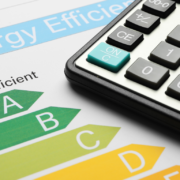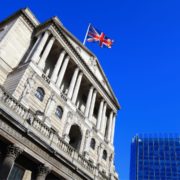Starting in October 2024, UK households will see an increase of £12 per month in their gas and electricity bills due to Ofgem’s decision to raise the energy price cap by 10%. The new cap is set at £1,717 for a typical household, which is £149 more per year compared to the previous quarter. Despite this increase, the cap remains 6% lower than it was during the same period in 2023.
Ofgem attributed the rise primarily to higher wholesale energy prices, which account for 82% of the increase. The price cap is adjusted quarterly based on several factors, including wholesale prices, to set a maximum rate per unit of energy that suppliers can charge customers.
The increase has sparked concerns, with Citizens Advice warning that more households may struggle to pay their energy bills, potentially leading some to turn off heating and hot water this winter. The director of energy at Citizens Advice highlighted that energy bills are now about two-thirds higher than they were before the energy crisis, exacerbating financial pressures, especially given the reduction in government support and record levels of energy debt.
Political and industry leaders have expressed differing views on the issue. Ed Miliband, the Secretary of State for Energy Security and Net Zero, blamed the rise on previous Conservative policies and emphasized the need for clean, homegrown power to reduce bills and increase energy independence. On the other hand, energy industry figures like Greg Jackson of Octopus Energy and Simon Virley of KPMG UK called for reforms in the energy market to address the root causes of high energy costs, suggesting that expanding renewable energy sources and reforming the retail market could provide long-term solutions.
The latest price cap hike comes on the heels of recent policy changes, such as the introduction of means testing for winter fuel payments, which will significantly reduce the number of households eligible for this support. Additionally, forecasts indicate that energy prices may continue to rise modestly in early 2025 due to geopolitical tensions, further stressing the importance of market reform and investment in renewable energy.



























Comments